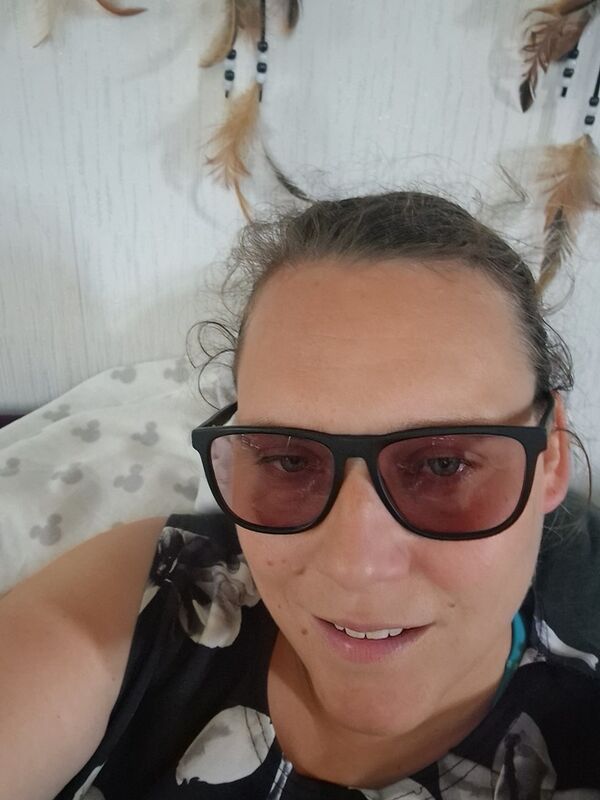Jayne's story: A change in the BRCA2 gene
Jayne lives in Hinckley and is a mum to five children. Five years after joining the 100,000 Genomes Project in 2016, she received a phone call about an additional finding.

About change in the BRCA2 gene
The BRCA2 gene, alongside BRCA1, raises cancer risk if it becomes altered. Having a variant BRCA gene greatly increases the likelihood of breast, ovarian, and prostate cancer.
69 per cent
lifetime risk of breast cancer for women who have a BRCA2 gene alteration
17 per cent
lifetime risk of ovarian cancer for women who have a BRCA2 gene alteration
Jayne's story

Jayne initially joined the 100,000 Genomes Project in 2016 to find out more about her two children with special needs and global developmental delay. As part of all participants’ consent for the 100,000 Genomes Project, they were asked if they wanted Genomics England to look for additional health information in their genome sequence; known as ‘additional findings’.
Although the genetic cause for Jayne’s children’s conditions has yet to be found, five years after joining she received a phone call
informing her of an additional finding and was offered the opportunity to come in to discuss it face to face.
Jayne decided she wanted to know there and then. She said: “I was told by my doctor that I was a carrier of a change in the BRCA2 gene and had an increased risk of breast and ovarian cancer.
“It was very much out of the blue and I was shocked for a couple of minutes, before I told my husband and did some research. When I was googling, I actually thought ‘this isn’t that bad’. I had this knowledge that many people weren’t fortunate to have. I had the choice of doing something about it and doing the best I can for a happy life or being down about it. I will always choose the first option.”
Taking preventative action
Soon after getting the news, Jayne knew she wanted preventative surgery through a mastectomy and oophorectomy and spoke with Dr Julian Barwell and the surgical team at University Hospitals of Leicester. She also thought it was important to tell her mum and sister so that they could get tested themselves as there was a family history of cancer.
Dr Julian Barwell, Consultant Clinical Geneticist and familial cancer lead for the University Hospitals of Leicester, said: “Within minutes of me getting off the phone with Jayne she was thinking about developing a plan for screening and lowering her risk.
“Broadly speaking the risk of getting breast cancer at some point in life for someone in their mid-30s with a change in the BRCA2 gene is around 60%. For ovarian cancer, the risk is around 20%.”
How whole genome sequencing can help
Jayne is happy to have had the surgeries done and to have new knowledge about her health. She has been open about it with her children and told them the importance of testing when they are old enough as they may also be carriers.
“I’m glad that I know all of this because I was able to act, and should my children get the same news later in their lives I can be there to support them. Genomic testing opened my eyes to a whole different world and I’m thankful that I could do things to lower my cancer risk when there are many who don’t get that chance.”
Jayne’s positivity and the way she took the news has left a mark on Julian, who described her attitude and approach as “inspiring”. He added: “She has felt empowered to make decisions that previous generations in her family weren't able to make and feels very positive for herself and the family in the future.”